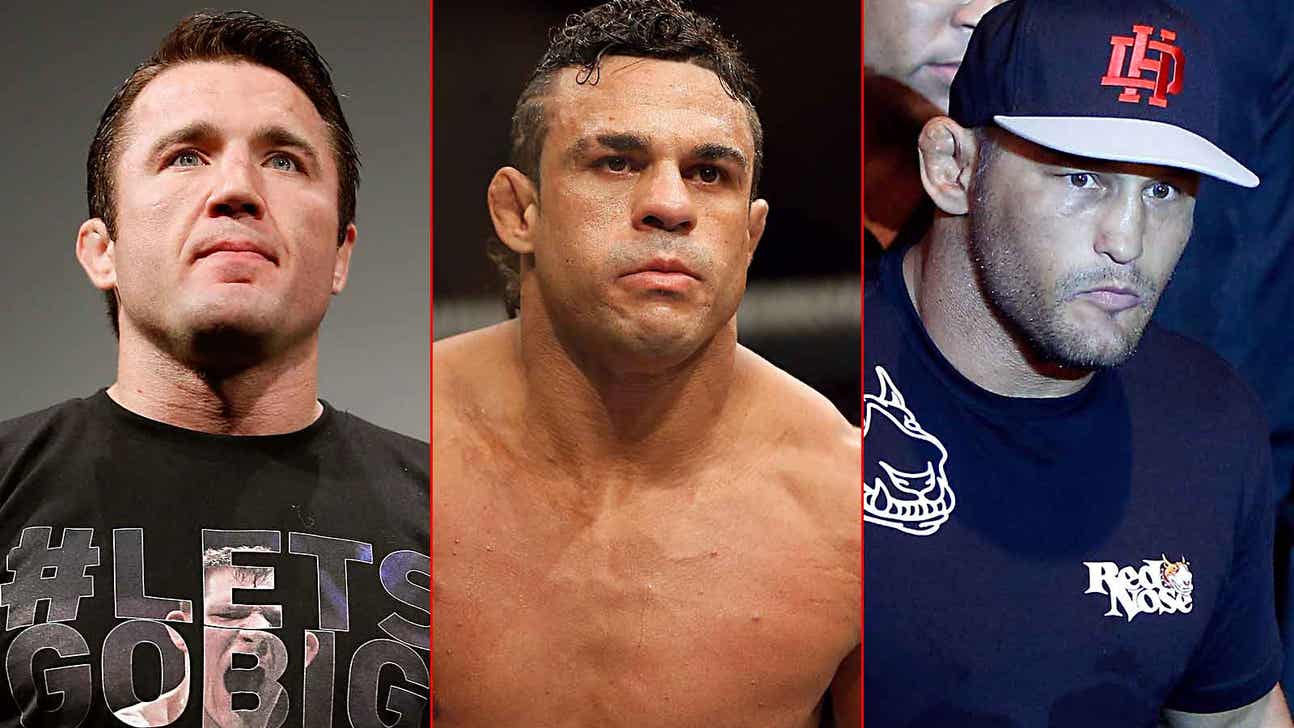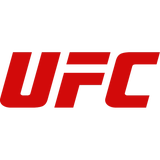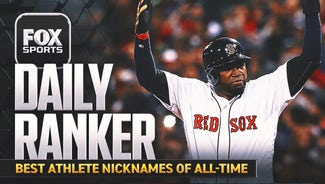
TRT banned because commissions can't find out who's abusing it and who isn't

Anthony Bosch, the ringleader of the infamous Biogenesis anti-aging clinic that provided performance-enhancing drugs to dozens of professional athletes, spoke on "60 Minutes" in January about Alex Rodriguez beating multiple Major League drug tests.
Rodriguez, of course, had been using Bosch's substances and Bosch said it was "almost a cakewalk" getting around MLB's testing procedures.
Dr. Robert Klapper, FOXSports.com's sports medicine expert and an orthopedic surgeon at Cedars-Sinai in Los Angeles, couldn't help but think back to that "60 Minutes" interview when he heard that the Nevada Athletic Commission had banned testosterone replacement therapy (TRT) last week. Getting rid of testosterone usage exemptions (TUE) in one fell swoop, Klapper said, is only necessary because it's too hard (medically and financially) to find out who is abusing TRT and who is not -- kind of like Bosch teaching Rodriguez how to beat the drug tests.
"The future should hold that TRT would be legal as long as you could prove the level you're dealing with in the [Octagon] is a normal amount," Klapper said.
Vitor Belfort has become the poster boy for TRT, because he has been so successful in his mid-30s, winning three in a row in 2013 to earn a UFC middleweight title shot against Chris Weidman. Belfort said he was asked to withdraw from the May bout with Weidman, because there wouldn't be enough time to wean himself off testosterone before the bout.
But Belfort isn't the only one who was on TRT and Dan Henderson and Chael Sonnen both expressed disappointment that the NAC and the UFC (in the regions in which it acts as its own commission) has flat-out barred TUEs.
Henderson said they're taking "the easy way out" instead of implementing more testing to see if fighters are actually dealing with it illegally.
"Are they going to ban insulin for diabetics and other prescribed medications that get people into normal ranges?" Henderson told MMAFighting.com. "Seems like they could have easily implemented random drug testing."
Henderson will be the last person granted an exemption when he fights Mauricio "Shogun" Rua in Brazil at UFC Fight Night on March 23.
Sonnen painted not being able to use testosterone as a negative change in his quality of life in an interview with Yahoo!.
"The best way to describe is that it is a completely terrible, horrible feeling," Sonnen said. "This is a medicine and it's medicine I need to live normally on a day-to-day basis. People say it is a performance enhancer, and there are a lot of things guys can take to enhance performance. But testosterone is more than a performance enhancer for me. It is a life enhancer."
Klapper said in a perfect world TRT would be able to be tested correctly and therefore legal. But then there's the other side of it. Belfort had previously tested positive for steroids and there's science that shows once you've abused testosterone in the past, your body stops producing normal amounts of it.
"Why is this able-bodied, healthy super athlete dealing with low testosterone in the first place?" Klapper said.
Exemptions have been few and far between in the Olympics and in boxing. But in some cases they are given. Longtime MMA manager Alex Davis told MMA Fighting that his client, Antonio Silva, absolutely needs TRT. Silva has acromegaly and biologically has low testosterone.
"It's a medical situation," Davis said. "Low testosterone affects your training and your performance. Every fighter should have the right to have normal testosterone levels."
But maybe lower testosterone is just a product of getting older. The vast majority of TRT users are in their mid-to-late 30s. Henderson is 43 years old. Belfort and Sonnen are both 36. Silva is 34. UFC president Dana White has said on numerous occasions that if your testosterone levels are low, "maybe you shouldn't be fighting."
That's a question a lot of fighters are going to have to answer in the coming months with TRT out in Nevada and likely almost everywhere else, for better or for worse.
"If it doesn't work, I might have to stop the sport and it's as simple as that," Sonnen said Wednesday on UFC Tonight.

